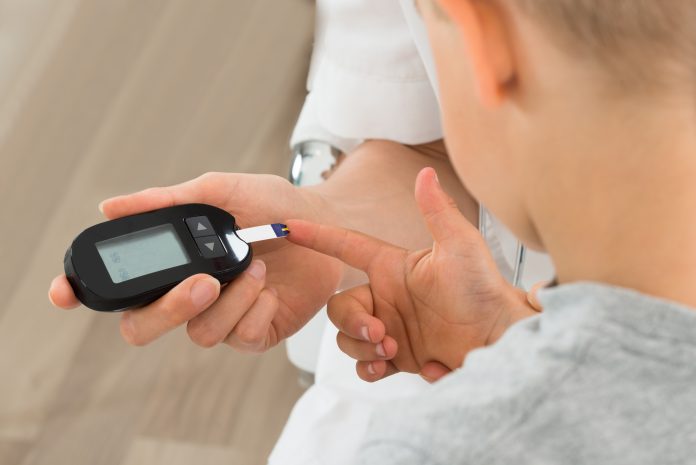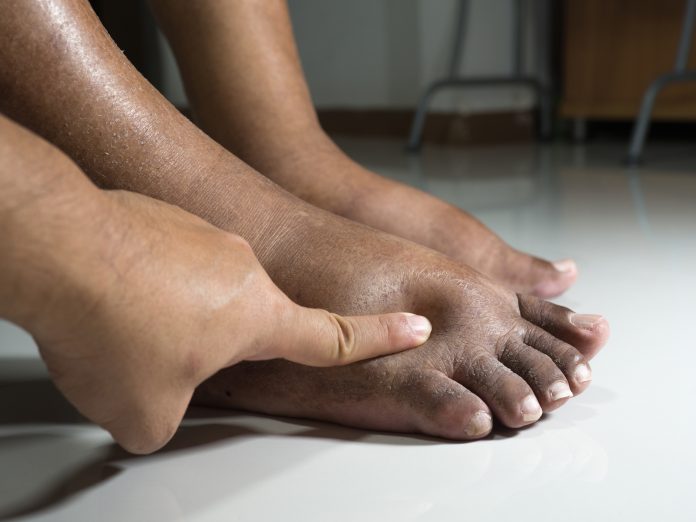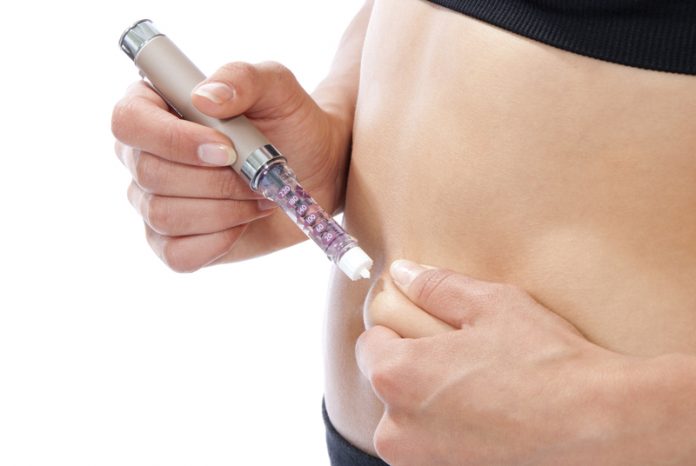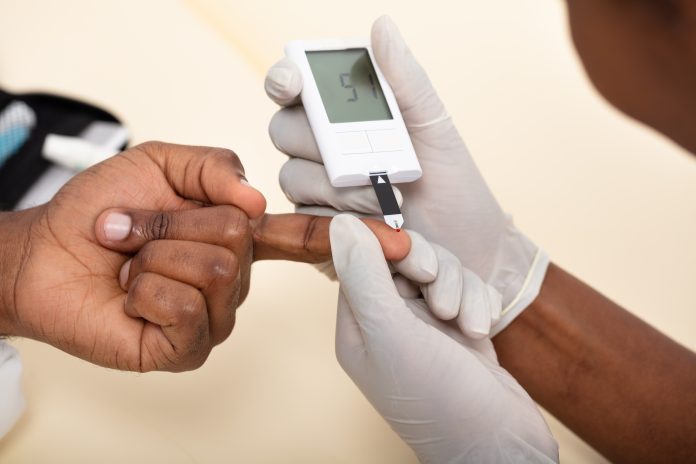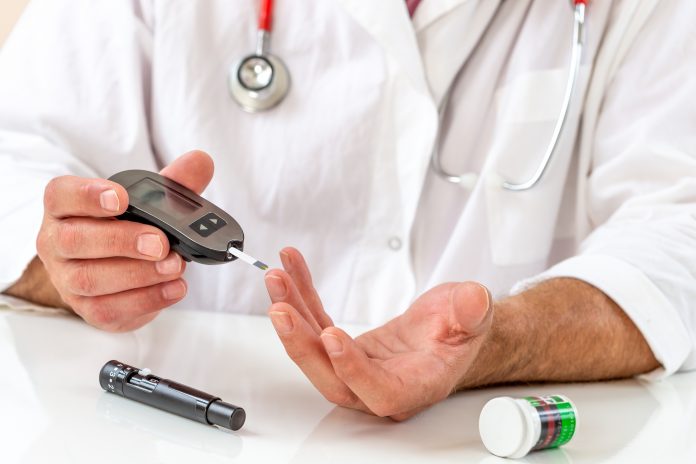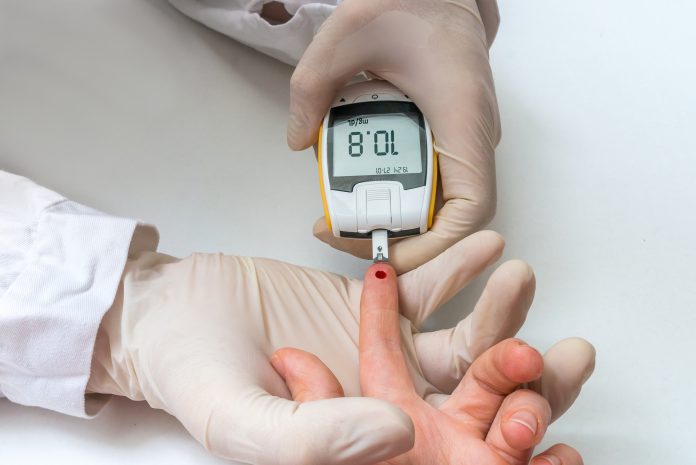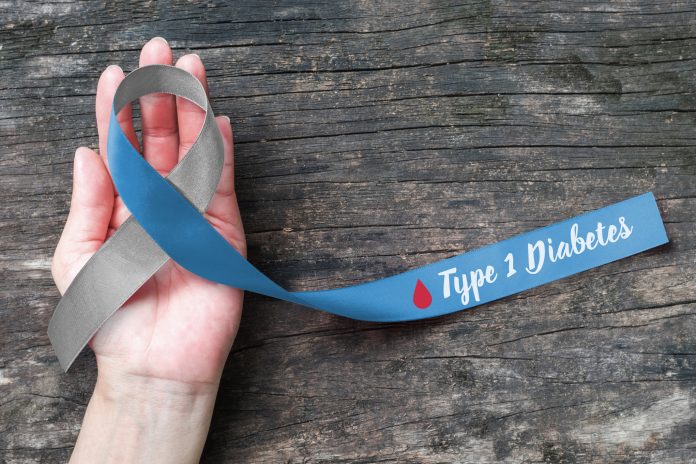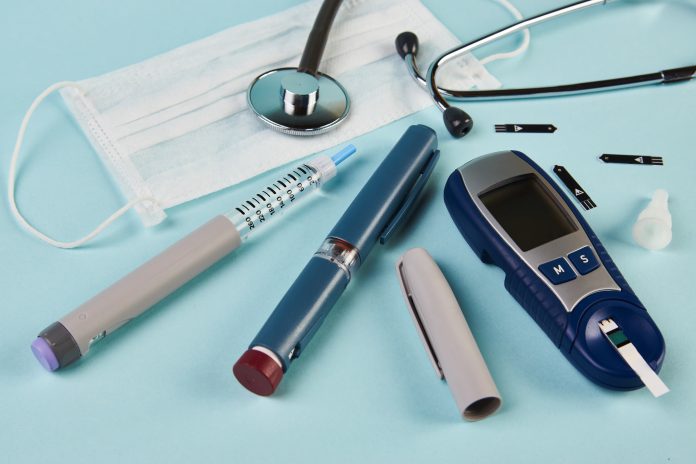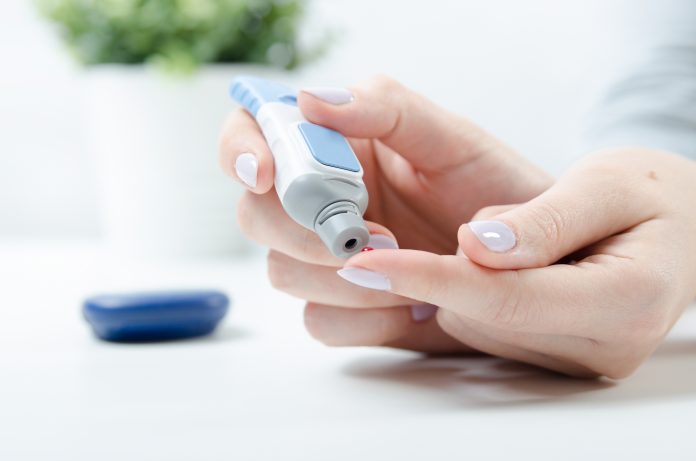Diabetes is life long affliction that causes a person’s blood sugar level to become too high. With the two main types of diabetes, type 2 is far more common. Around 90% of all adults with diabetes have type 2.
Types
Type 2 is where the body is not creating enough insulin or the body is not reacting correctly to the insulin. This type usually requires the managing of medication, finding the right medication for each person can take time. Also many of the medications have side affects.
Type 1 is when the level of glucose in blood to be too high. This happens when the body isn’t producing enough of the hormone insulin which controls the levels of glucose in blood.
Both types are manageable with the correct advice and medication.
There are articles below that explore the condition in many different ways. Covering new research and evidence.





